Picture the serene landscapes of rural India— vast fields, quiet villages, and warm-hearted people. In these peaceful corners of our country, education is like a treasure, but often, reaching it is a challenging journey. That’s where great teachers play a vital role.
Teaching in rural India is not just about classrooms, it’s about being a guide, a helper, and a friend to students who often have limited access to resources. These areas are unique because they are culturally rich and economically diverse, which makes teaching here both an opportunity and a challenge.
A good teacher in rural India is like a beacon of light in the darkness, showing the way to knowledge. They connect young minds to a world of possibilities, nurturing dreams and ambitions.
In the heart of rural India, where the seeds of knowledge are sown, great teachers help those seeds grow into bright futures.
The Essence of Good Teachers in Rural Schools
Teaching in rural schools often means serving as a pillar of education in the community. The presence of good teachers and dedication can profoundly impact students who may have limited access to educational resources.
Rural schools typically serve a diverse student population, often including students from various socio-economic backgrounds. Teachers heading classrooms in rural areas must prepare to address a wide range of learning needs and styles within their classrooms.
Unlike its urban counterparts, rural schools often boast smaller class sizes, offering a more intimate teaching environment. This allows for deeper connections with students, personalized instruction, and a better understanding of individual strengths and challenges.
Schools are more than educational institutions, they are the beating hearts of the community. The teachers are expected to participate in community events, collaborate with local organizations, and engage in activities beyond traditional teaching.
These schools may face resource limitations, such as outdated textbooks, limited technology, and fewer extracurricular opportunities. The ability of teachers to adapt and make the most of available resources becomes crucial for effective teaching.
How to Prepare for Teaching in Rural Schools
1. Cultural Sensitivity: Rural communities often have their own unique cultures, traditions, and values. The new teachers must take the time to learn about the local culture, respect community traditions, and integrate cultural sensitivity into their teaching approach.
2. Understand Local Challenges: Thoroughly research and understand the specific challenges faced by rural schools in the target area. This may include transportation issues, lack of access to healthcare, or significant socio-economic disparities. By recognizing these challenges, teachers can tailor their teaching strategies to address them effectively.
3. Adaptability and Flexibility: Rural teaching requires a high degree of adaptability. The teachers must be prepared to modify their teaching methods to suit the needs of their students and the available resources. Flexibility is an invaluable asset in rural education.
4. Engage the Community: Building strong relationships with the community, parents, and local leaders is vital. One should involve the community in the education process, seek their input, and collaborate on initiatives that benefit both students and the community as a whole.
5. Professional Development: Seek out professional development opportunities that cater to the unique needs of rural educators. Training in areas like classroom management, special education, and community engagement can equip teachers with essential skills for success.
6. Resourcefulness: Teachers should try to develop resourceful teaching strategies that don’t rely heavily on expensive materials or technology. They should learn to make the most of limited resources, and encourage creativity in their teaching methods.
7. Patience and Resilience: Teaching in rural schools can be emotionally challenging due to various factors, such as limited resources and socio-economic disparities. Patience and resilience are essential qualities to navigate through difficult situations and setbacks.
Rural India Education and Smile Foundation
Good teachers inspire students to dream big and set goals for themselves. They instill a sense of hope and ambition that can drive students to strive for a better future.
They are the catalysts for positive change and bring education, empowerment, and hope to communities that deserve the same opportunities as their urban counterparts. The need for dedicated and skilled educators in rural India is essential for both individual and societal progress.
Smile Foundation with its many Mission Education centres concentrated in rural parts of India ensures that quality education reaches the rural populations. Learn more about our education programme here.



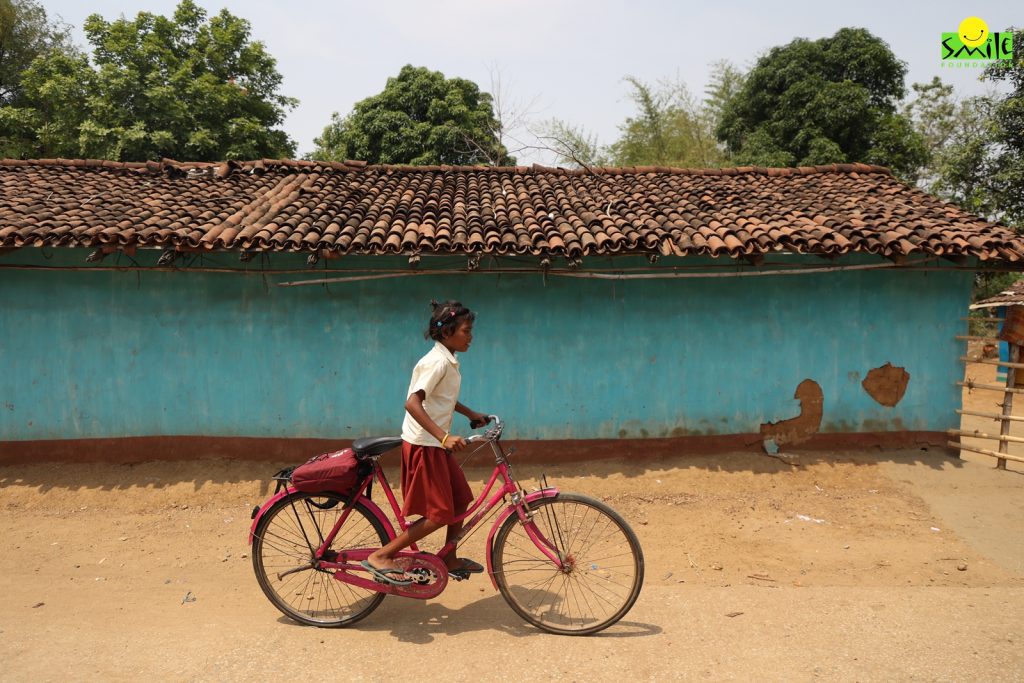
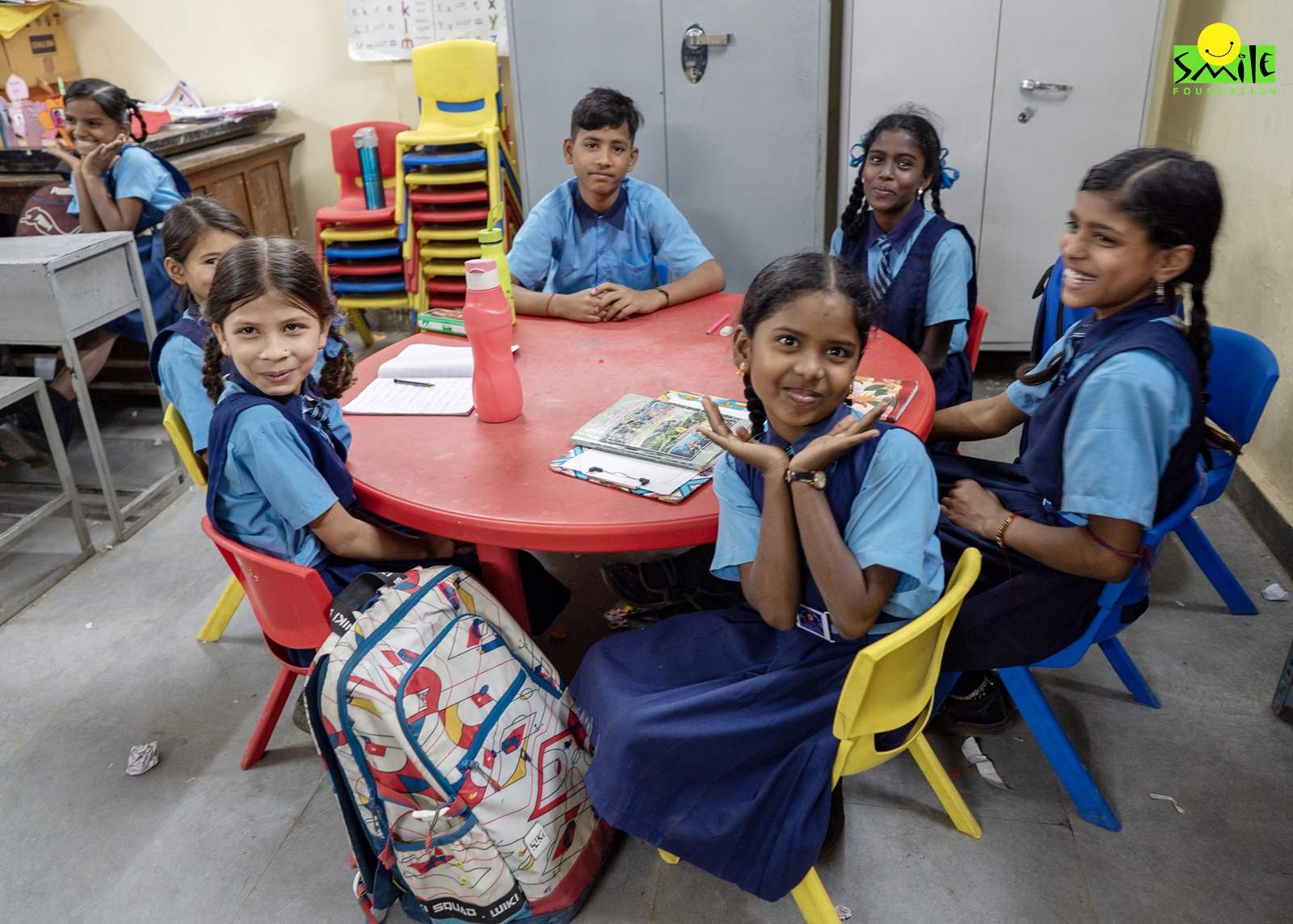

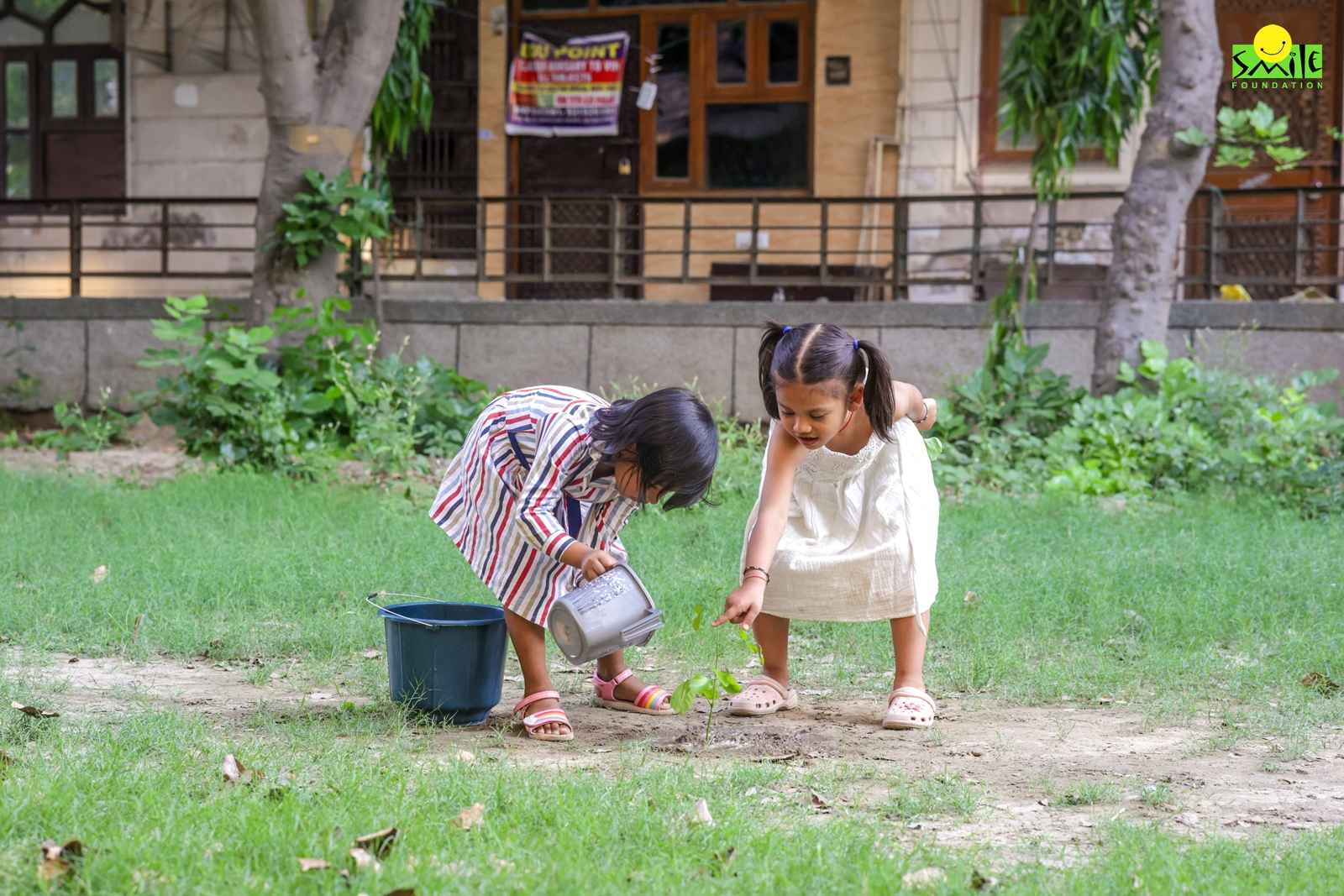

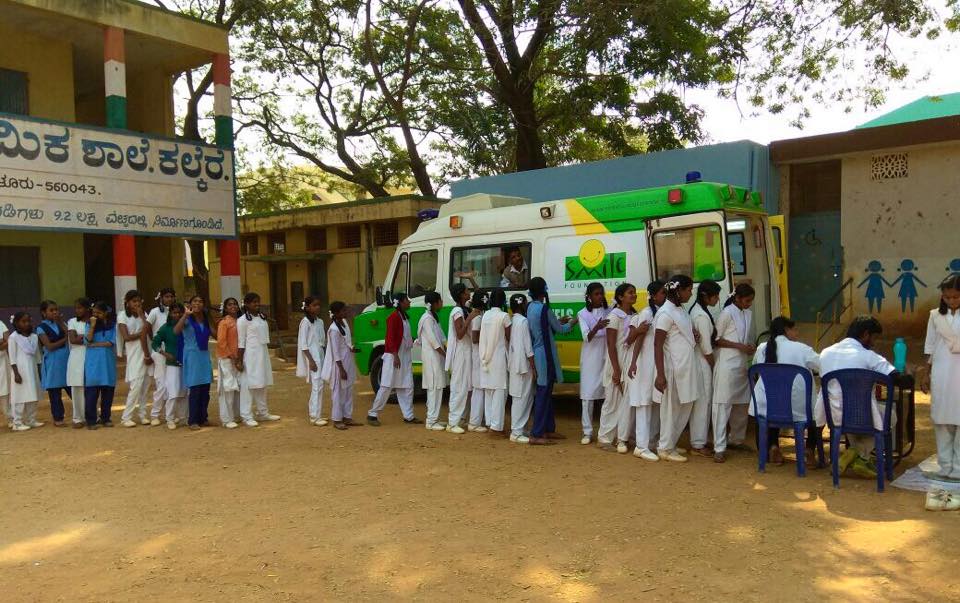
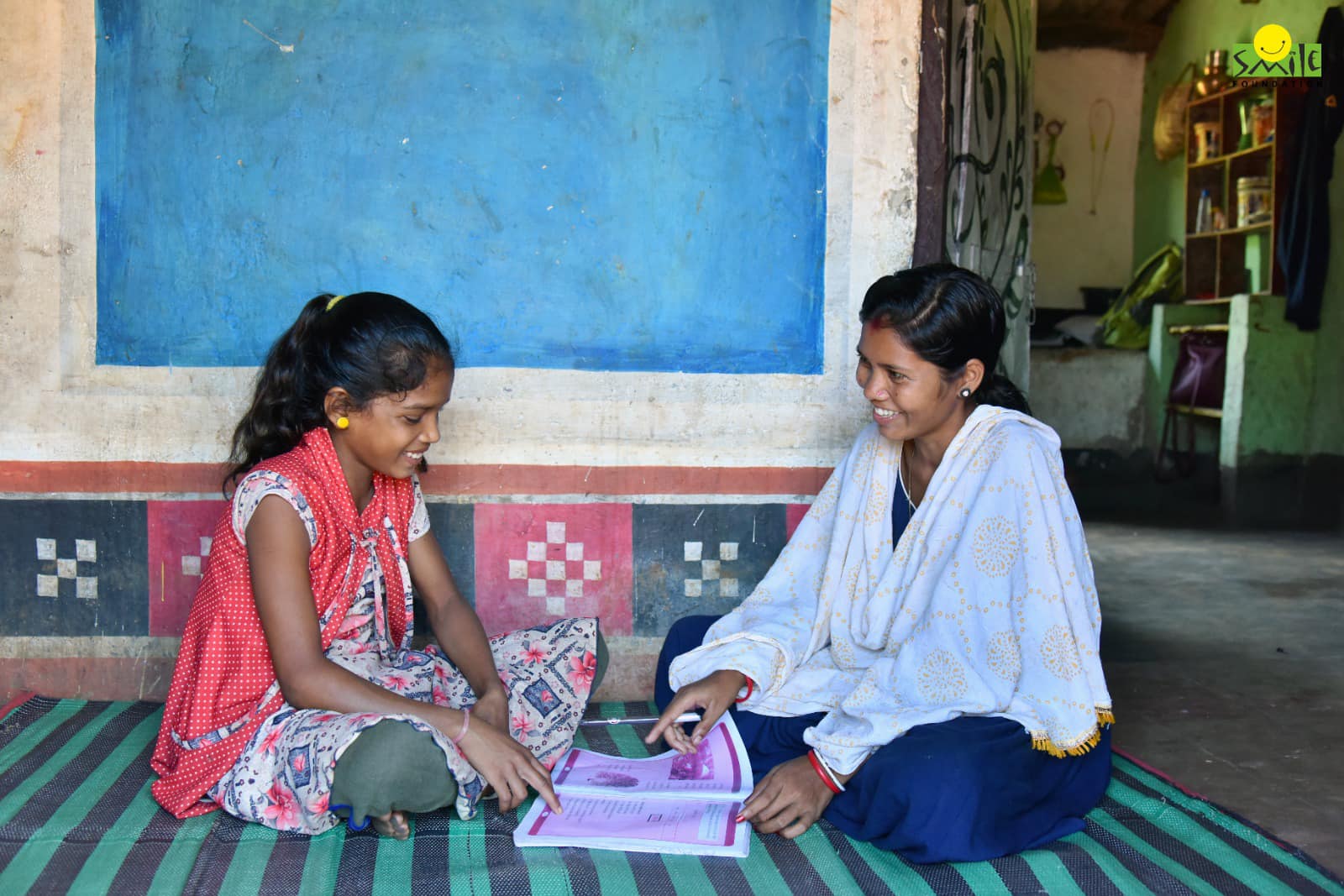
One reply on “What is the Need for Good Teachers in Rural India?”
It’s true,all points are valuable and just ified